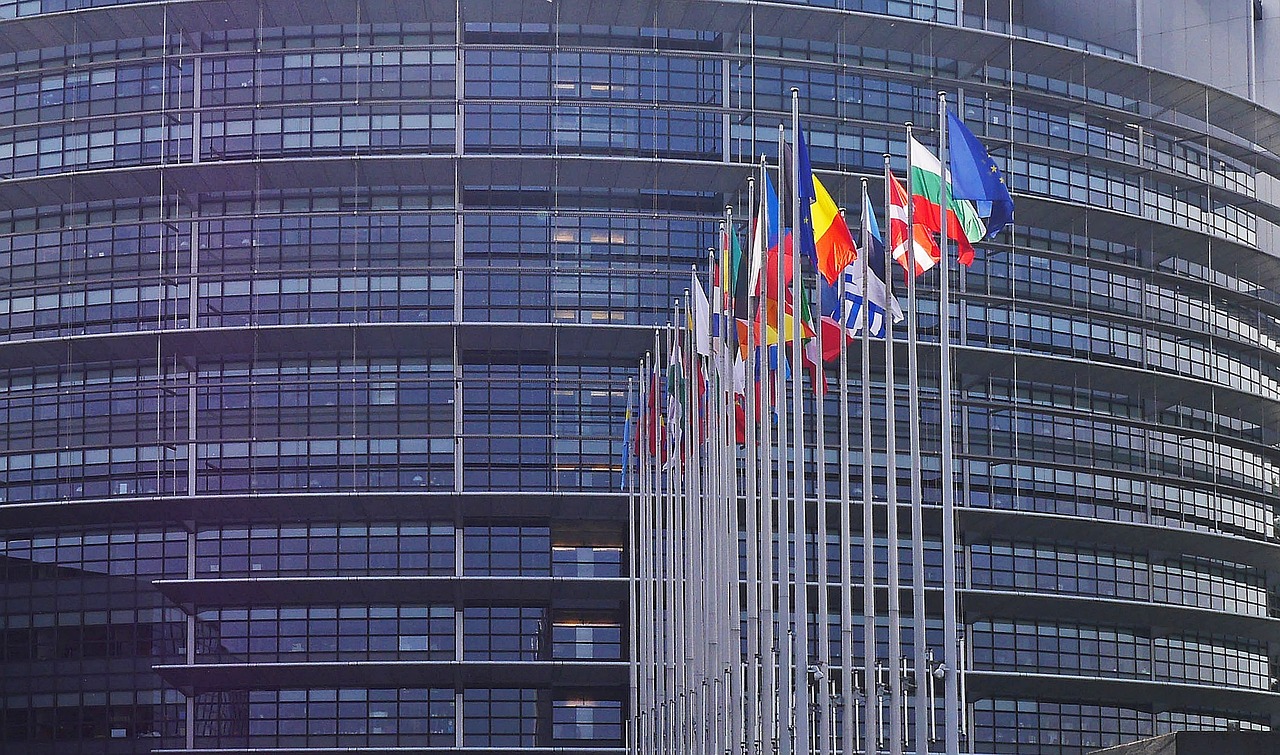The European Coalition for Corporate Justice (ECCJ) has expressed satisfaction with the political agreement on the Directive on Corporate Sustainability Due Diligence (CSDDD, CS3D), although not all opportunities that were available in the negotiating process were used. This is a crucial step in establishing requirements and expectations for corporations regarding human rights and environmental protection. However, there is still much to be done in order to put an end to corporate impunity.
European regulations on due diligence represent an important step forward, but the fight against corporate impunity is far from over.
On Thursday morning, EU lawmakers reached a political agreement on the most contentious issues concerning business conduct standards to be established by the CSDDD Directive. According to these regulations, large and multinational high-risk corporations will have to address risks that their activities and business relations pose to human rights, local communities, and the natural environment. Moreover, those affected will be able to hold companies accountable under EU courts if they suffer as a result of their activities.
For over a decade, the ECCJ, a network of non-governmental organizations, has been calling for binding EU regulations implementing international human rights standards that would require businesses to consider risks to human rights and the natural environment in their supply chains. The ECCJ welcomes today’s agreement on the inclusion of much-needed measures to provide access to justice for victims of corporate abuse, in particular by facilitating increased access to evidence and reasonable time limits for filing claims.
However, efforts by EU states and industry lobbying to weaken the directive have resulted in missed opportunities to bring about transformative changes in the operation of multinational corporations. It is concerning that the financial services sector has been exempted from conducting due diligence with respect to its customers. Although businesses, including some financial entities, will be required to adopt and implement climate transformation plans, the fact that climate accountability is inadequate and has been excluded from civil liability is concerning.
ECCJ Director Nele Meyer commented:
“The agreement on binding EU standards is a milestone, although the fight against corporate impunity is not yet over. It is groundbreaking that companies will be obliged to comply with regulations, thus ensuring that profit will not take precedence over human rights or the environment. It will now be easier for victims of corporate abuse to seek justice, which is already a victory in today’s agreement.”
“But by exempting climate accountability from the directive’s provisions, EU states are turning a blind eye to the global climate catastrophe. It is also hard to accept that powerful financial entities have been excluded, even though they drive economic activity and are key facilitators of the EU’s green transformation.”
What’s next with the directive?
An agreement has been reached between the European Parliament, with Lara Wolters as the lead MEP rapporteur, the EU Council, coordinated by the Spanish Presidency, and the European Commission. Despite this agreement, work on the final text of the CSDDD Directive remains underway. Technical meetings are needed to fine-tune the political agreement reached and ensure that yesterday’s tripartite talks did not leave any gaps. Afterward, the EU Council, during the forthcoming Belgian Presidency, and the European Parliament will vote on approving the final text, paving the way for the directive’s implementation at national levels. The ECCJ expects the final text should be put to a vote around March 2024.
The last step is the possibility of holding companies, including the financial sector, accountable for their impact on climate change.
